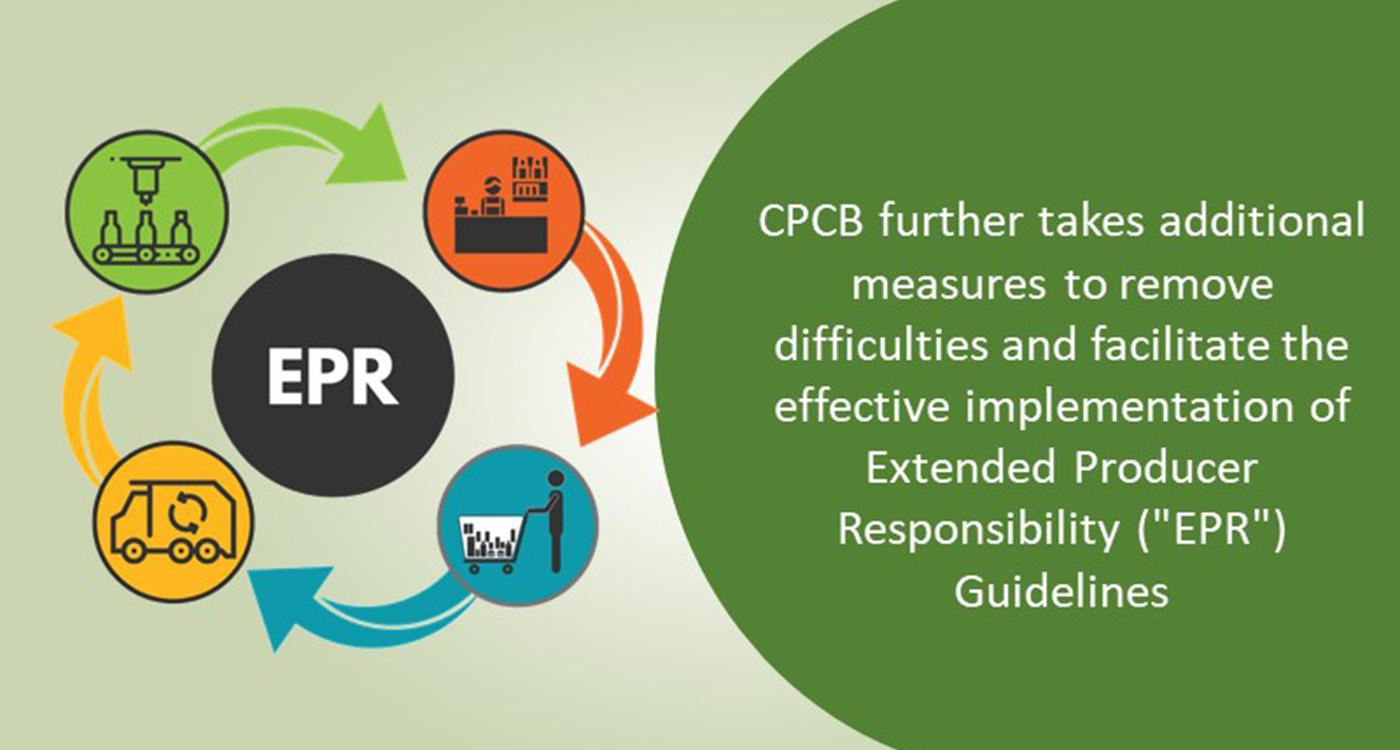Understanding CPCB Registration & Extended Producer Responsibility
What is CPCB Registration?
The Central Pollution Control Board (CPCB) is the national regulatory body for enforcing environmental standards in India. CPCB Registration is mandatory for producers, importers, and brand owners (PIBOs) who deal with products that generate waste—especially plastic, e-waste, batteries, and hazardous materials.
Registration ensures that businesses are accountable for the environmental impact of their products throughout their life cycle. It is a prerequisite for legally operating under the rules of EPR.
What is Extended Producer Responsibility (EPR)?
EPR is a policy approach under which producers are given significant responsibility—financial and/or physical—for the treatment or disposal of post-consumer products. The aim is to shift the burden of waste management from governments to producers, encouraging sustainable product design and eco-friendly packaging.
Under EPR, companies must:
-
Collect and recycle the waste generated from their products.
-
Meet annual collection and recycling targets.
-
Work with registered recyclers and disposal agencies.
-
Submit regular compliance reports to the CPCB.
Why is CPCB & EPR Compliance Important?
-
Legal Requirement: Non-compliance can lead to heavy penalties, cancellation of business licenses, and reputational damage.
-
Environmental Impact: It helps reduce pollution, conserves resources, and promotes circular economy practices.
-
Brand Reputation: Customers and investors increasingly prefer companies that demonstrate environmental responsibility.
How to Get Started?
-
Determine Applicability: Identify if your business falls under the scope of EPR rules (e.g., plastic packaging, electronics, batteries).
-
Register with CPCB: Submit necessary documents and obtain CPCB registration through the online portal.
-
Develop EPR Plan: Create a roadmap for waste collection, recycling, and reporting.
-
Work with Authorized Partners: Engage with certified PROs (Producer Responsibility Organizations) or recyclers.
-
Report and Comply: Maintain proper documentation and submit timely reports to CPCB.
Conclusion
CPCB Registration and EPR are essential tools for building a sustainable business and fulfilling corporate environmental responsibilities. By proactively complying with these regulations, companies not only avoid penalties but also contribute to a cleaner and greener future.

